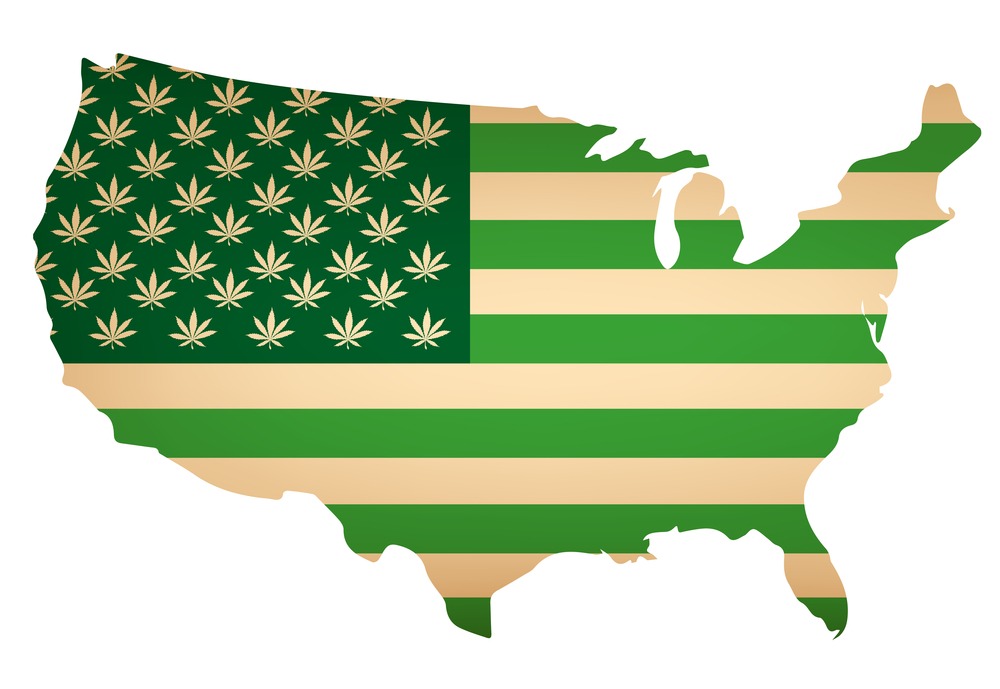
The legal status of marijuana has been in flux the past few years, especially with the changing stances of federal administrations and legalization campaigns in many states. Add in the restrictions and regulations installed by county and city authorities and you have a recipe for confusion. To create some clarity, here’s a breakdown of marijuana laws in the United States.
Federal Classification
Marijuana is classified by the federal government as a Schedule I drug. This designation means the federal government considers it to be without medical benefit and highly addictive. Under the Controlled Substances Act (CSA), cannabis and its derivatives are deemed illegal to the same extent as cocaine and heroin. Distribution, possession, and use can be prosecuted under this act.
Federal Stance
While the legal status of marijuana has remained the same, the extent to which executive powers dedicate resources to prosecuting users, sellers and growers can change with administrations. While the Obama administration didn’t prioritize prosecution in states where use has been legalized, the Department of Justice under the Trump administration has renewed its focus on cracking down on all use regardless of state law.
State Regulations
While federal law applies to the entire United States, individual states have passed laws legalizing and regulating the marijuana industry. Many of these have been ballot initiatives introduced by state residents themselves as support for legalization has grown to over 60 percent among the American public.
Medical Use
Cannabis use is limited to medical prescription in many states, including:
- Arizona
- Arkansas
- Connecticut
- Delaware
- Florida
- Hawaii
- Illinois
- Louisiana
- Maryland
- Minnesota
- Missouri
- Montana
- New Hampshire
- New Jersey
- New Mexico
- New York
- North Dakota
- Ohio
- Oklahoma
- Pennsylvania
- Rhode Island
- Utah
- West Virginia
Most areas where medical marijuana is legal requires individuals to register as users and obtain a card identifying them as such. This card must be presented at the dispensary in order to purchase cannabis products.
Recreational Use
While the list is shorter, there are states which have legalized cannabis for recreational use as well as medical, including:
- Alaska
- California
- Colorado
- Maine
- Massachusetts
- Michigan
- Nevada
- Oregon
- Washington
- Vermont
Many states, such as Colorado, have taken advantage of new revenue in the form of licenses, fees and taxes from the industry to pay for public services like schools.
The Contradiction
Though the previous lists may be helpful in figuring out if cannabis has been legalized by your state, several questions remain: What does it mean if marijuana is legal in my state but still illegal in the country?
The answer, unfortunately, is a complicated yes because federal marijuana laws trump state legislation. However, the enforcement of these law falls to federal agents, who are different from your local police. The Drug Enforcement Administration is probably the best-known agency that specifically seeks to identify and prosecute use, sale, and distribution.
If you live in a legalized state, chances are local authorities aren’t going to actively pursue drug convictions for marijuana. However, it’s always prudent to cautious.
Restrictions on Legal Cannabis
Even in states where recreational use isn’t criminal, there are certain things you can still land in trouble for, such as:
- Driving under the influence
- Consuming in a public space
- Consuming on federal land, such as inside a national park
- Taking cannabis onto a plane
- Taking cannabis across state lines
- Consuming within a school zone
- Selling without a license
- Circumventing legal buying limits
It’s also advisable to check city and county restrictions before partaking, as these can vary and have serious repercussions if violated.
In the growing cannabis industry, the Giving Tree Dispensary believes the best way to serve customers is with quality products and accurate information. Contact us to learn more about our cannabis or to place an order.

